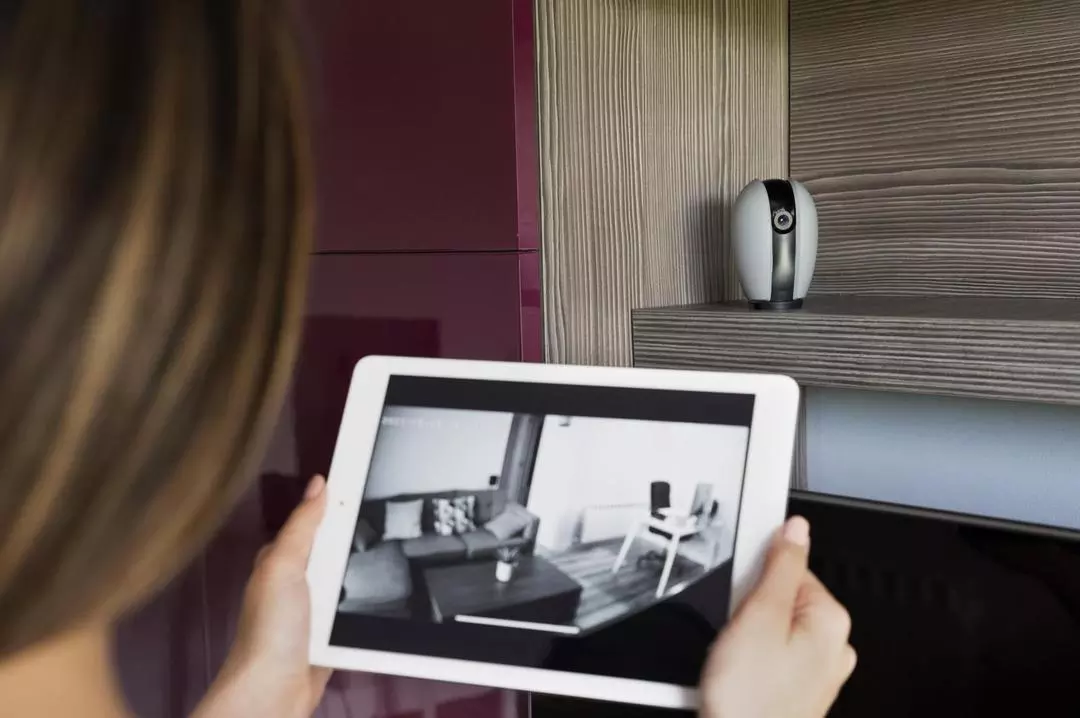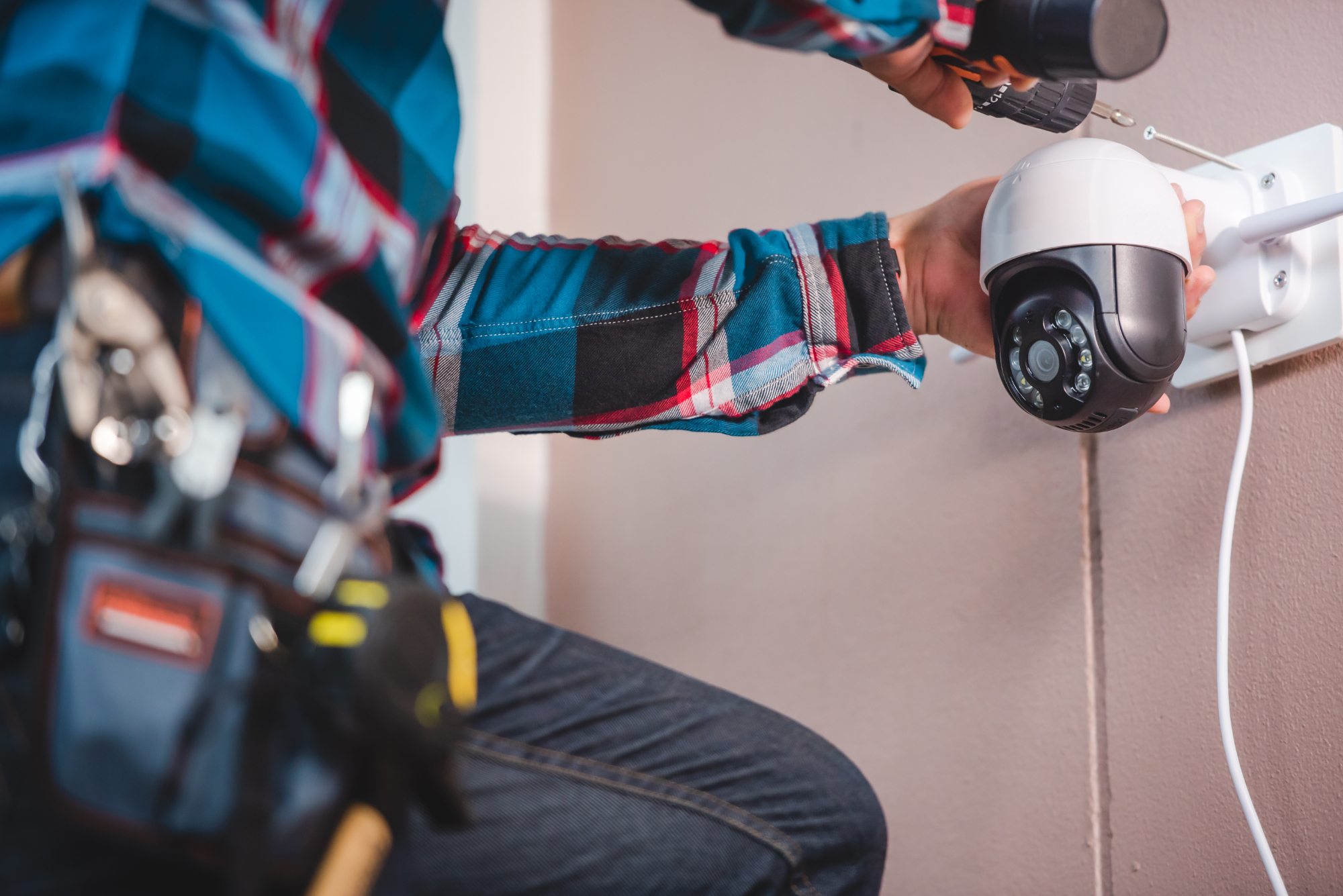Have you been asking: how do I choose a CCTV system? This article looks at what you need to consider to find the correct CCTV installation for your home or business.
How to Choose a Complete CCTV Kit
There are three types of security cameras to select from when purchasing a CCTV system; each style of CCTV system has varied specs and addresses certain needs in terms of pricing, quality, interoperability, and simplicity of installation.
Wireless CCTV security cameras are suitable for practically any circumstance since they are readily portable and can be put in without drilling any holes in the property. Whether for houses or businesses, the lack of wiring simplifies installation, keeps things neat, and ensures that the cameras are inconspicuous and visually beautiful.
A wireless CCTV system is suitable for people who wish to avoid the difficulties of wiring. These cameras are powered locally and do not require a cable connection to the recorder; this means you won't have to bother about making holes in the walls or dealing with complicated networking.
A 300-meter wireless CCTV camera range is perfect for most families; they may be put in any room and will automatically link to the recorder once set up. Since a wireless CCTV camera is a member of the IP system family, it offers all of the advantages of an IP solution without the trouble of cabling or cords.
IP CCTV security cameras give the greatest quality footage due to their high resolutions and frame rates; analogue CCTV is beneficial for cost efficiency and backward compatibility with legacy or existing systems.
Purchasing an IP CCTV system will provide you with the most up-to-date technology to work with, greater specs, and higher resolutions. PoE, or Power over Ethernet, is another name for this technology, and it allows for a simple plug-and-play installation procedure.
Most other types of CCTV systems simply cannot compare to IP CCTV systems' ultra-HD quality and lightning-fast frame rates. With resolutions of up to 4K and 12 Megapixels, you will experience comfort through the clarity provided by an IP CCTV system; there are very few limitations when it comes to resolutions.
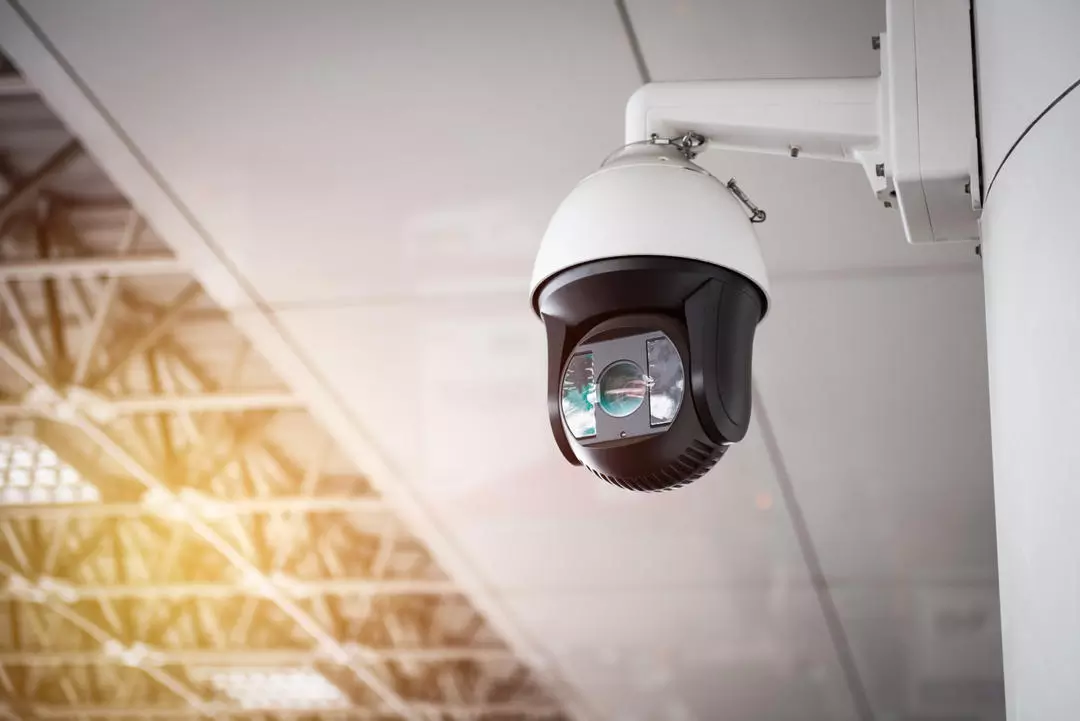
How to Get Started with CCTV
If you choose CCTV, you may buy cameras alone or as part of a bigger security package. Prices range from approximately £20 for a single wired camera with a 5-metre night-vision range to approximately £450 for a vandal-proof camera.
Depending on the type of camera you choose, you will need to purchase various accessories, such as connectors and a digital video recorder (DVR) to save and monitor the film - dummy cameras are also available for approximately £10.
CCTV is only one line of defence against crime, and it works best in conjunction with other security measures such as a burglar alarm, door and window locks, gravel surrounding your property, and security lighting.
If you want security cameras for your home's outside, whether CCTV or wireless, be sure they're waterproof and have the necessary IP rating of 66. Wireless cameras that operate on batteries are available, but you will need to link the camera to a power source otherwise, so keep that in mind before installation.
Security Camera Types Compared
The design of a camera is frequently linked to its function; if you're installing cameras outside, they should be waterproof or weather-resistant; while this isn't required for inside cameras, weather resistance is assessed by IP ratings in cameras. The industry standard is IP65 or above; cameras with IP65 certifications are dust-tight and can tolerate low-pressure water jets.
Most security companies claim that their outdoor cameras are weatherproof, weather-resistant, or waterproof, but these terms don't mean much; to truly know how a camera will perform in various weather conditions, check its IP rating; these ratings should help you determine the best place to display or install the camera.
Many homes wind up utilising inside security cameras as pet or baby monitors as well, so you can keep an eye on everything important even while you're not home. Although it is less popular these days, most people find a significant number of security camera systems equipped with network video recorders (NVR) or digital video recorders (DVR). DVRs process video data within the recorder, but NVR systems handle data within the camera and then transmit it to the recorder; since they process video differently, not all cameras function with NVRs.
NVR systems may process data from both wired and wireless cameras, whereas DVR systems are primarily confined to wired cameras. The most significant advantage of using NVRs or DVRs in security systems is having a handy way to retain video history.
Furthermore, cameras with NVR or DVR hard drives perform well for covering huge areas. NVR and DVR systems may also be used to record and store video from 4K ultra-HD cameras, which are becoming more popular. Wireless, battery-powered cameras are most typically linked with do-it-yourself installation, though this is not universal. Some wireless cameras require more complex setups, but the general idea is that if you can operate a drill and follow in-app instructions, you can install wireless cameras; this is the basic idea behind DIY cameras, though you can hire a professional to install them if you aren't comfortable.
Wired cameras have numerous advantages as well, but they are a little more difficult to install; with wired setups, you'll want to do some preparation before pulling out the drill.
The finest security cameras include quick motion sensor activation, which means that the camera gives you an alert as soon as it senses motion. Since most security cameras now use Wi-Fi, you may see some speed changes.
In most circumstances, a decent camera will "wake up" when motion is detected and provide you notifications.
Most current security cameras have user-friendly mobile applications; if you're away from home, smartphone notifications are a terrific way to keep an eye on things from afar (such as when your puppy starts misbehaving).
Aside from that, cameras allow for a great deal of flexibility. For example, if you don't want to get motion alerts while you're sleeping, you can open your camera's mobile app and set a schedule to receive notifications only while you're awake.
The most common video resolution for cameras is 1080p, which refers to the number of pixels in each frame and is often referred to as video quality in security cameras and smart TVs.

In most circumstances, a decent camera will "wake up" when motion is detected and provide you notifications. Most current security cameras have user-friendly mobile applications; if you're away from home, smartphone notifications are a terrific way to keep an eye on things from afar (such as when your puppy starts misbehaving).
Aside from that, cameras allow for a great deal of flexibility. For example, if you don't want to get motion alerts while you're sleeping, you can open your camera's mobile app and set a schedule to receive notifications only while you're awake. The most common video resolution for cameras is 1080p, which refers to the number of pixels in each frame and is often referred to as video quality in security cameras and smart TVs.
1080p cameras have 1920 horizontal pixels and 1080 vertical pixels, whereas 4K resolution cameras have 3,840 horizontal pixels and 2,160 vertical pixels. 4K video contains four times as many pixels as 1080p video, which unquestionably produces a far clearer image. If you want a flawless image on your camera's film, you should choose one of our finest 4K cameras.
Long-range illumination, such as spotlights or floodlights, will provide clear, coloured night vision; but, powerful lights aren't always appropriate, especially if you're looking for a hidden outside camera. As a minimum, most cameras offer infrared night vision, which is black and white but still records quality video at night.
Two-way audio, like 1080p HD and night vision, has become a standard in home security cameras. Two-way audio cameras include built-in speakers and microphones for communication via the mobile app; much like a phone call, you can use two-way audio to chat with individuals around the house, but since we're talking about home security, you can also use it to terrify intruders.
A homeowner's voice, believe it or not, is one of the most effective deterrents to home invasions. Your camera's field of vision is how much the human eye can see through its display. Some camera manufacturers determine the field of vision by using the screen's two horizontal edges, whereas others use the diagonal edges, which are measured in degrees. A 120-degree field of vision is generally normal across the board; but, for bigger spaces, such as playrooms or open floor plans, a broader view may be more appropriate; be wary of cameras with wider fields of view.
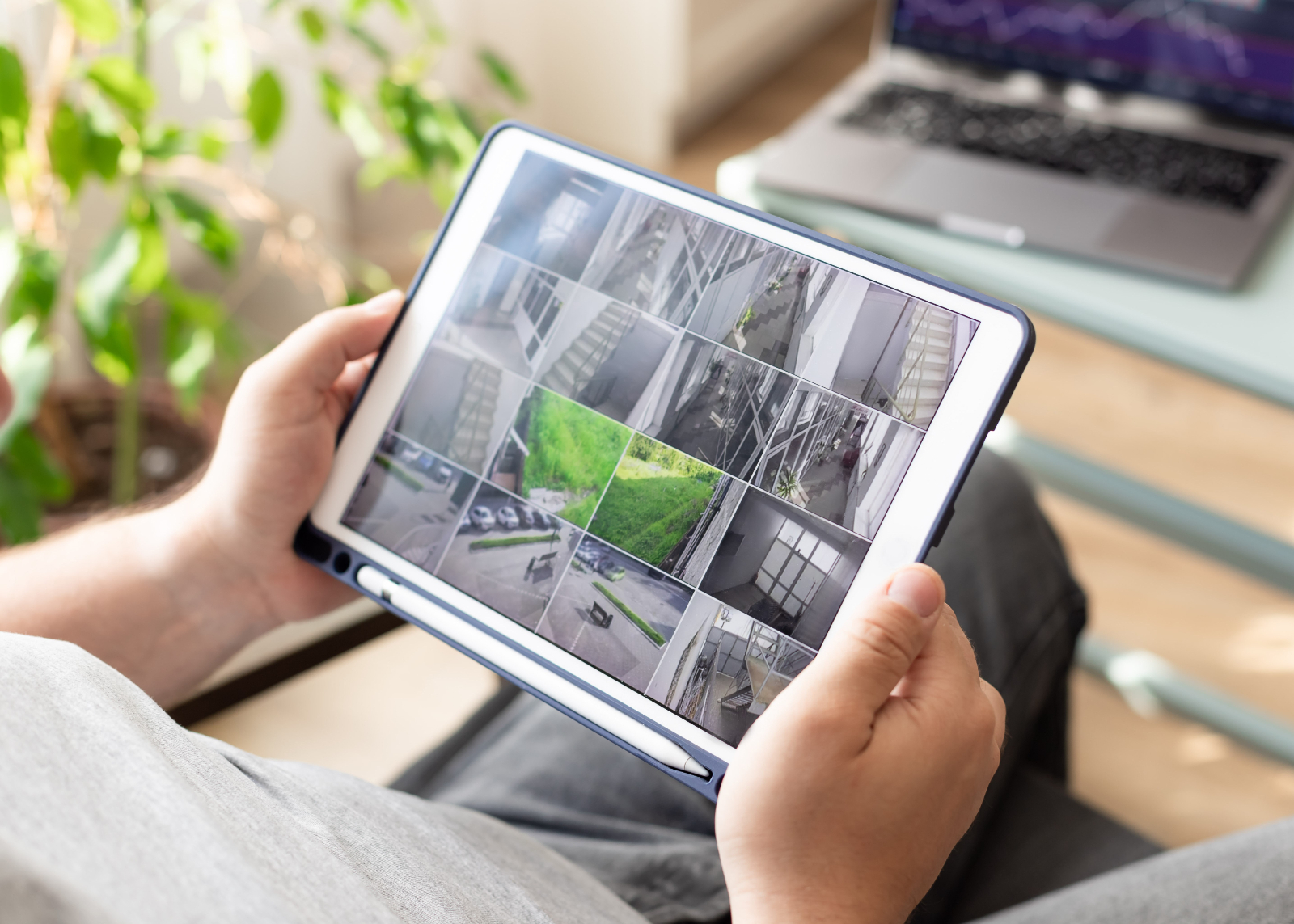
Home Security Cameras Footage Resolution
Both homeowners and business owners now consider security cameras to be a necessary part of any security system.
Strategically placed cameras can not only help gather important evidence in the event of a crime, but they can also act as a strong deterrent to potential intruders.
When looking for the best security cameras for your purposes, keep in mind that the resolution of the camera has an immediate influence on the image quality.
The level of detail obtained by a camera is defined by its resolution (the number of pixels in a digital picture). It is simpler to detect faces, licence plates, and other critical facts that are far away from the camera if you have high-resolution security cameras.
This can help law enforcement identify suspects after an incident has happened. Higher-definition equipment is particularly valuable if someone attempts to deny their presence during an incident, such as vandalism or theft. When the evidence is well captured, an enhanced resolution level indicates that there is less risk of someone arguing over what happened.
A low-resolution image has less information, making it more difficult to distinguish individuals or objects and even discern if anything is occurring on the video feed at all. For example, if someone watches a low-resolution video of an incident that occurred in the dark, they may be unable to discern what is going on. This might squander valuable time and make apprehending the culprits more difficult, if not impossible.
How to Choose Cameras
When selecting a CCTV camera, the resolution is one of the most important factors to consider; smaller resolutions can save hard drive space, while larger resolutions can achieve greater clarity in the recording; with H.265+ compression technology, the hard drive can store much more space, even at the highest resolution, so keep this in mind when making your selection. When looking for the best CCTV system online, another important consideration is night vision.
The intensity of the LED light utilised will generally define the range covered by the CCTV system; always make sure you pick the most suitable level of light to avoid overlighting an area, or the contrary, with the light not being strong enough.
As you can see, technology progresses at a breakneck pace. TVL, or TV Line, is now considered old-tech, and while it was popular 5-10 years ago, there are now bigger, better, and more inexpensive alternatives available. TVL will not provide sufficient video quality, no matter how high their numbers appear; instead, check for MP, MPX, or Megapixel; the lowest you should consider is 1.3MP, and while this is somewhat low, it is still considered superior to any TVL-worded cameras.
How to Choose A Recorder
If you buy or own IP cameras, you will require an NVR (network video recorder). If you purchase or possess analogue cameras, you will require a DVR (digital video recorder).
Aside from this, a DVR is also an XVR, and this implies it can handle outputs from both IP and analogue cameras. If you want to connect an IP camera to an NVR that does not include a PoE Port, you will additionally require an external PoE switch.
CCTV Network Video Recorders (NVR) are designed for IP cameras, whereas DVRs are designed for analogue cameras. H.265+ compression enables longer recordings on smaller hard disc drives. They are multi-core CPUs that are strong and dependable for high-quality CCTV streaming and recording from various sources; they are intended to safeguard both residential and commercial buildings.
NVRs are intended for use with ultra-high-definition IP CCTV cameras linked through regular network CAT 5/6 cables. Power over Ethernet (PoE) NVRs with built-in PoE ports simplify hardware installation and make it easier to simply plug and play than ever before.
DVR/XVR is a hybrid solution for IP and analogue CCTV cameras. These are great for expanding your existing analogue system by allowing you to connect to newer, ultra-HD IP cameras, and avoiding the need and price to replace everything at once.
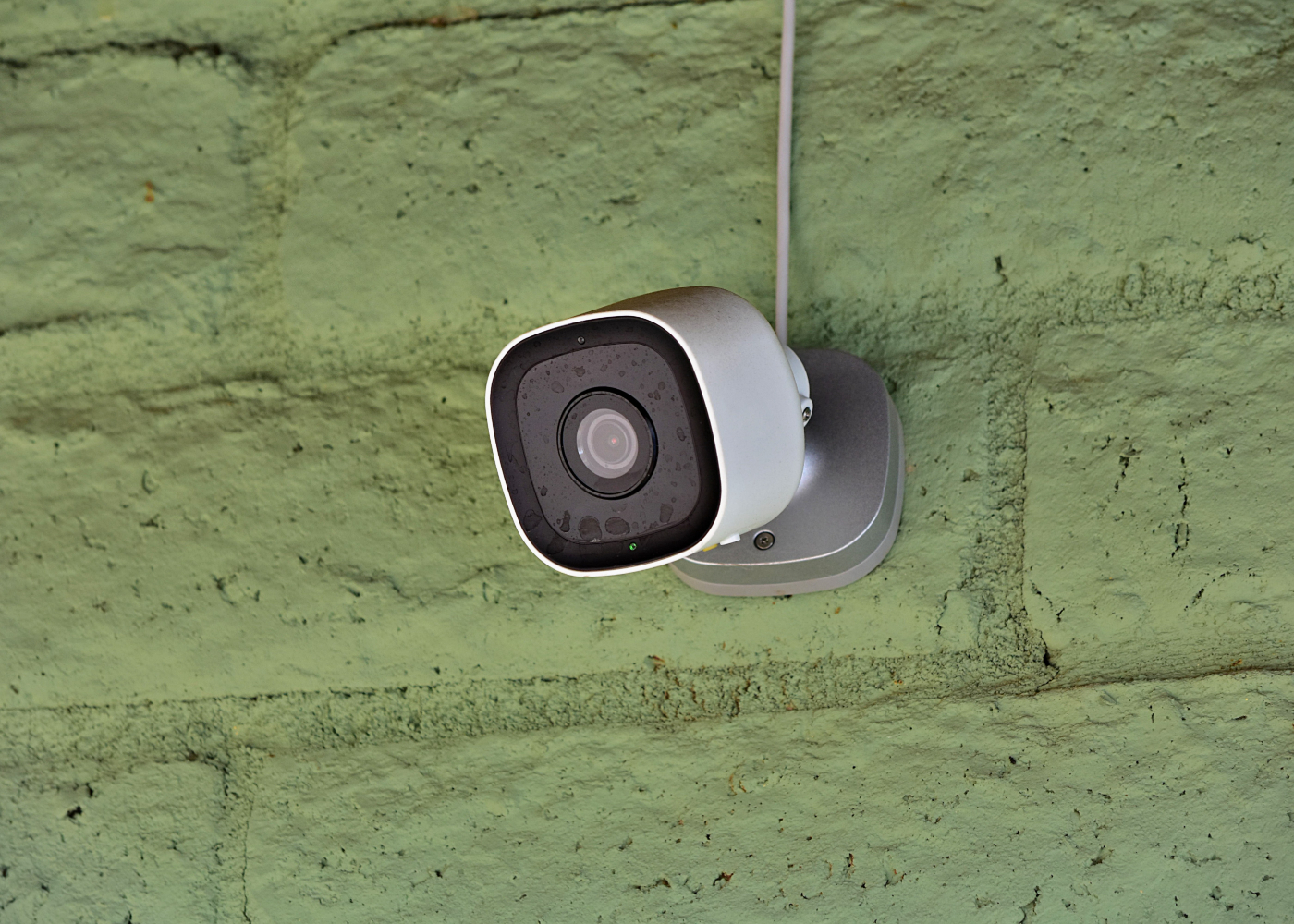
Cameras
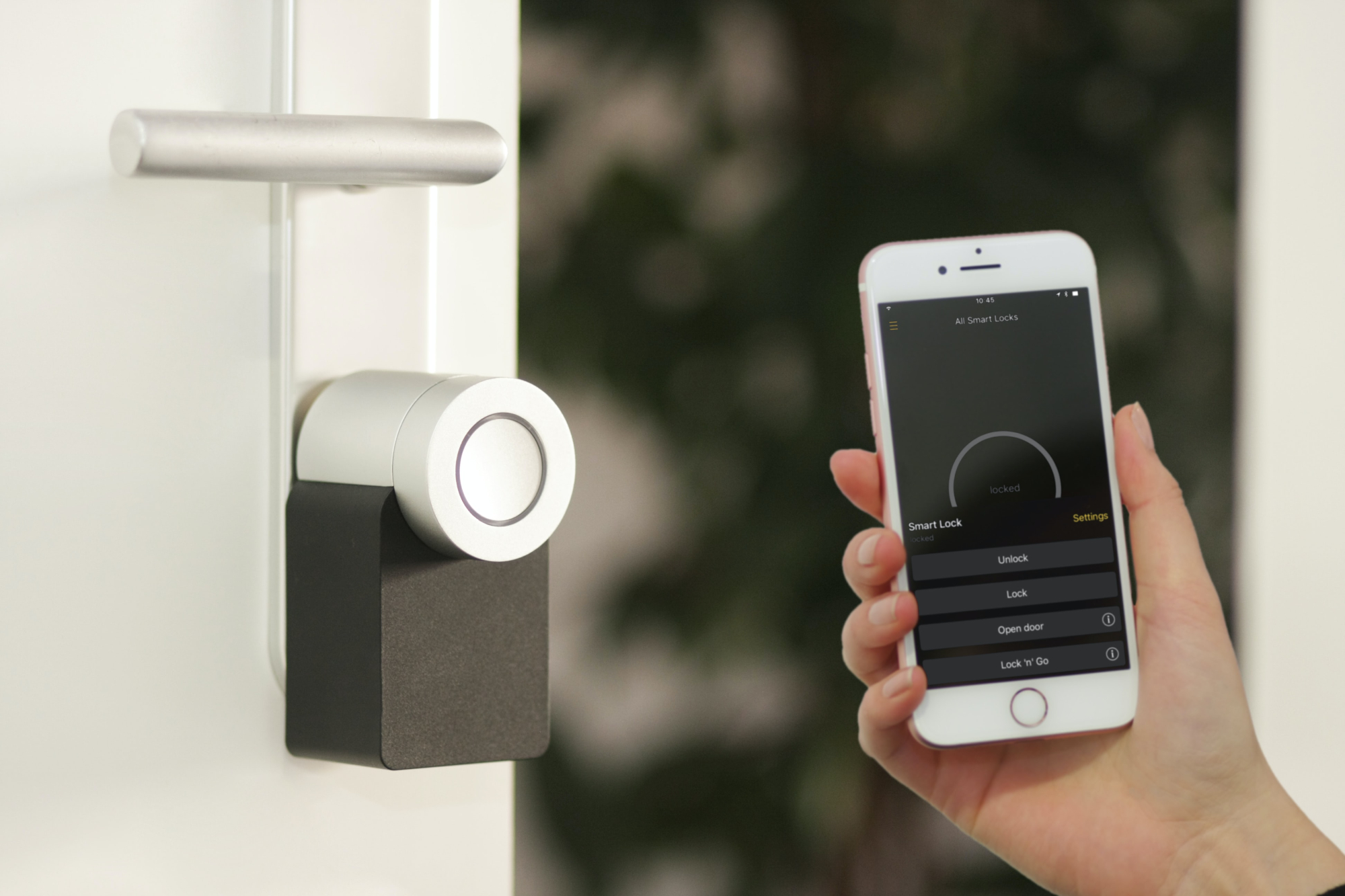
Recorders
Preston Alarm Experts provide professional CCTV camera system services in and around Preston, Accrington and Lancashire. Whatever you require, our professional team can assist you with everything from small repairs to installing completely new security systems.
